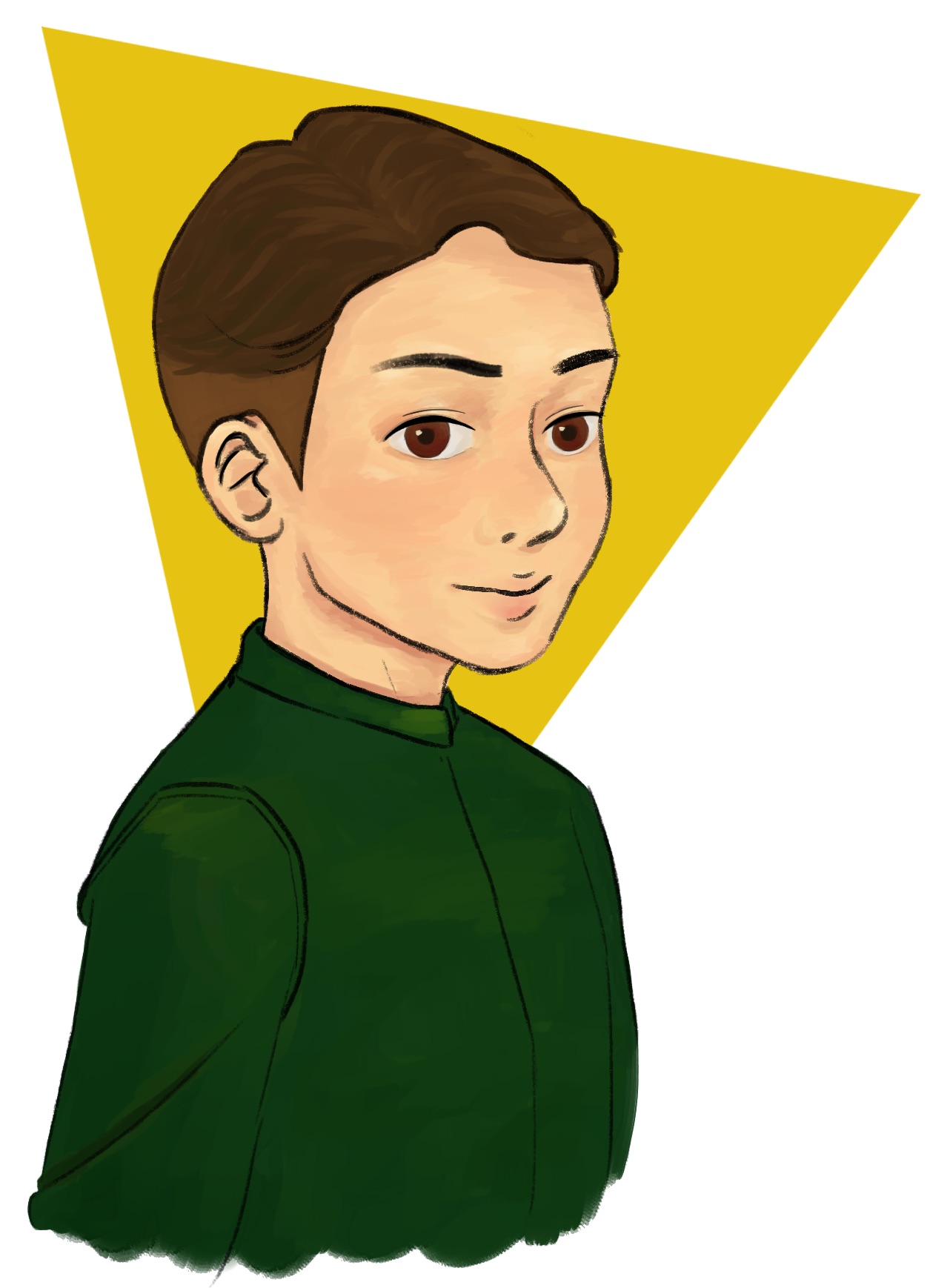From Under the Peach Tree
by Kerry Truong
Edited by Julia Rios
Copyedited by Chelle Parker
December 2019
All things in this world are reborn, even gods. Ngai, the god of slights, found themself trapped in the wheel of reincarnation, destined to resurrect and die three times before they could once more ascend to godhood: first as a humble sparrow; second as an ill-tempered tortoiseshell cat; and third as a blue whale wandering the ocean for a hundred years. No matter what the form, however, they could not escape Nguyet.
Nguyet, who had been the reason they returned to the Bloodstone Dais. Nguyet, who had roared their name in triumph as they battled the god mother Kieu. Nguyet, who had wept and cradled their head as they died. Nguyet, the god of wild things, whose presence shone like a beacon and guided Ngai’s steps as they returned to her again and again, by sky and land and sea.
They came to her as a sparrow first and made their nest in the peach tree by her cliffside cottage. It was a quiet life for the general who had led the rebellion against the god mother Kieu. She could have returned to the Bloodstone Dais and demanded a place of honor next to the new god mothers. But day after day, Ngai watched as she made her simple meals and walked through the forest, tending to its trees and animals.
There had been a time when she was as restless as a tiger and demanded that Ngai accompany her on one harebrained quest after another. The two of them had mingled with mortals, teaching them magic against the god mother’s orders; raced water buffalos across the endless rice fields of the underworld; and stolen the god of unfounded pride’s most precious possession, a wondrous cloak woven from crane feathers and fox tails (the last had been Ngai’s idea, of course, a petty revenge for the other god’s refusal to call them by their proper name).
The rebellion had only been another one of Nguyet’s foolish ideas, a stand against the tyrant who had murdered foe and family alike to ascend to the Bloodstone Dais.
When Ngai’s sparrow life ended, as all animals’ do, Nguyet buried them under the peach tree and they etched her face into their memory before the wheel wound them in its cycle once more.
They came to Nguyet the second time as a tortoiseshell cat, cantankerous and lean with hunger. She left water and food at her door for them, and eventually they followed her into her home. They burrowed into her woolen blankets and grew sleek on meals of salmon and tuna. On cold winter nights, they lay in her lap and listened as she sang familiar ballads. When they tried to sing with her, she laughed at their yowling and they scratched her hand and brooded under the bed until she coaxed them out with the promise of shrimp. They decided to forgive her. She had always been the better singer, anyway.
They lived a good life. Nguyet buried them in the summer, next to the sea holly bush, and the last thing they remembered was the warmth of the earth and the hum of the bees.
The third life was the hardest. They followed the pull of migration, traveling hundreds of miles through ocean waters as the seasons changed. In the summer, they drifted under the cliff where Nguyet’s cottage stood and sang. Low and melancholy and truer than they ever had before. She would sit on the cliff in the evenings, listening to them. They could barely see her through the distance and the veil of water. She was a blur of god light and black hair fluttering in the summer wind, and they would cling desperately to the memory of her face under the peach tree.
Blue whales were solitary creatures, but Ngai was not. Even after declaring their own skin more valuable than some foolish rebellion and escaping to the edge between one world and the next, they had returned to Nguyet’s side. They did not do it for the lofty ideals and righteous anger that Nguyet wielded so passionately. They were the god of slights, after all, petty and prideful and mean-spirited. And when the god mother Kieu had thrown them to the ground, sneering, and aimed her silver spear at Nguyet, they had splintered their very essence into shards of malachite and pierced Kieu’s heart.
Nguyet had buried them with great ceremony, draped with silks dyed their favorite shades of mulberry and lapis lazuli. She had told jokes about them and made everyone laugh with the story of how the two of them had outwitted a mountain giant and rescued his unwilling fairy bride.
She was not there to bury them in their third life. Ngai sank alone to the bottom of the ocean, weary with a life as long as the thread with which the first god mother Hue had stitched the world. It was gentle, at least, and quiet.
Their final rebirth came as a thunderstorm. Crooked bolts of lightning tore the sky open, the earth shook, the ocean raged, and at the end of it all they stood shivering and raw at the edge of the world, a newborn god. Their magic had taken on a foreign shape and they could not remember anything until they breathed deeply and heard the fragment of a song sung by firelight.
Fumbling with the newness of their magic, they wove themself a cloak of amber and ravens’ wings. Then with tender feet, Ngai, the god of storms and rebirth, set out to find a peach tree, a sea holly bush, and a god who shone brighter than the summer sun.
